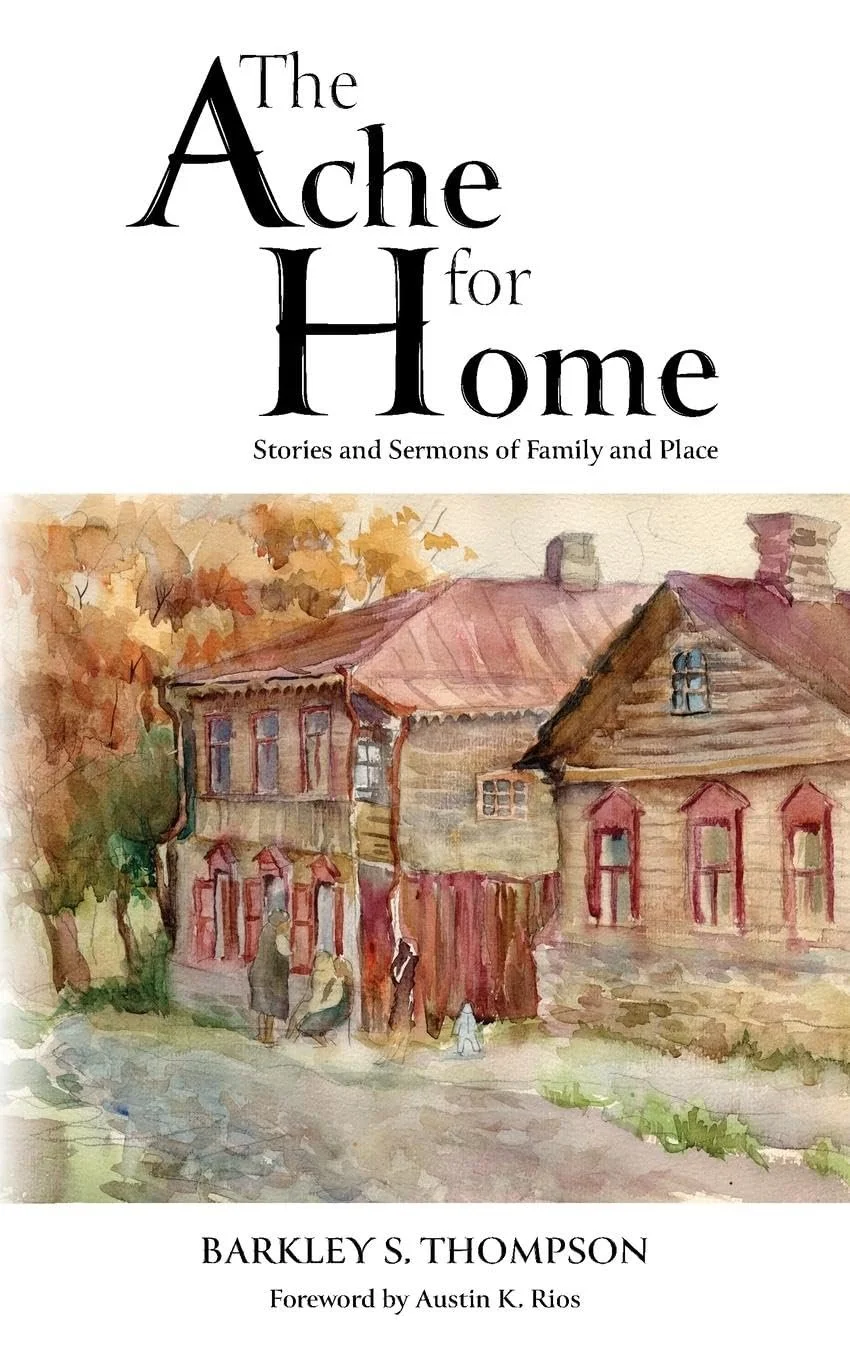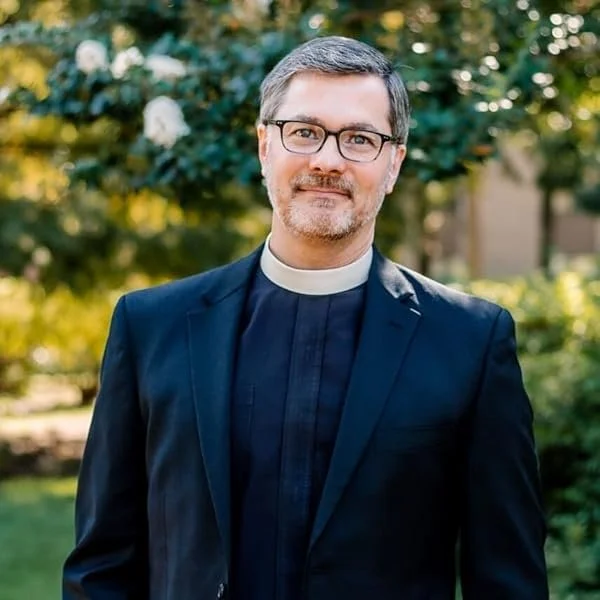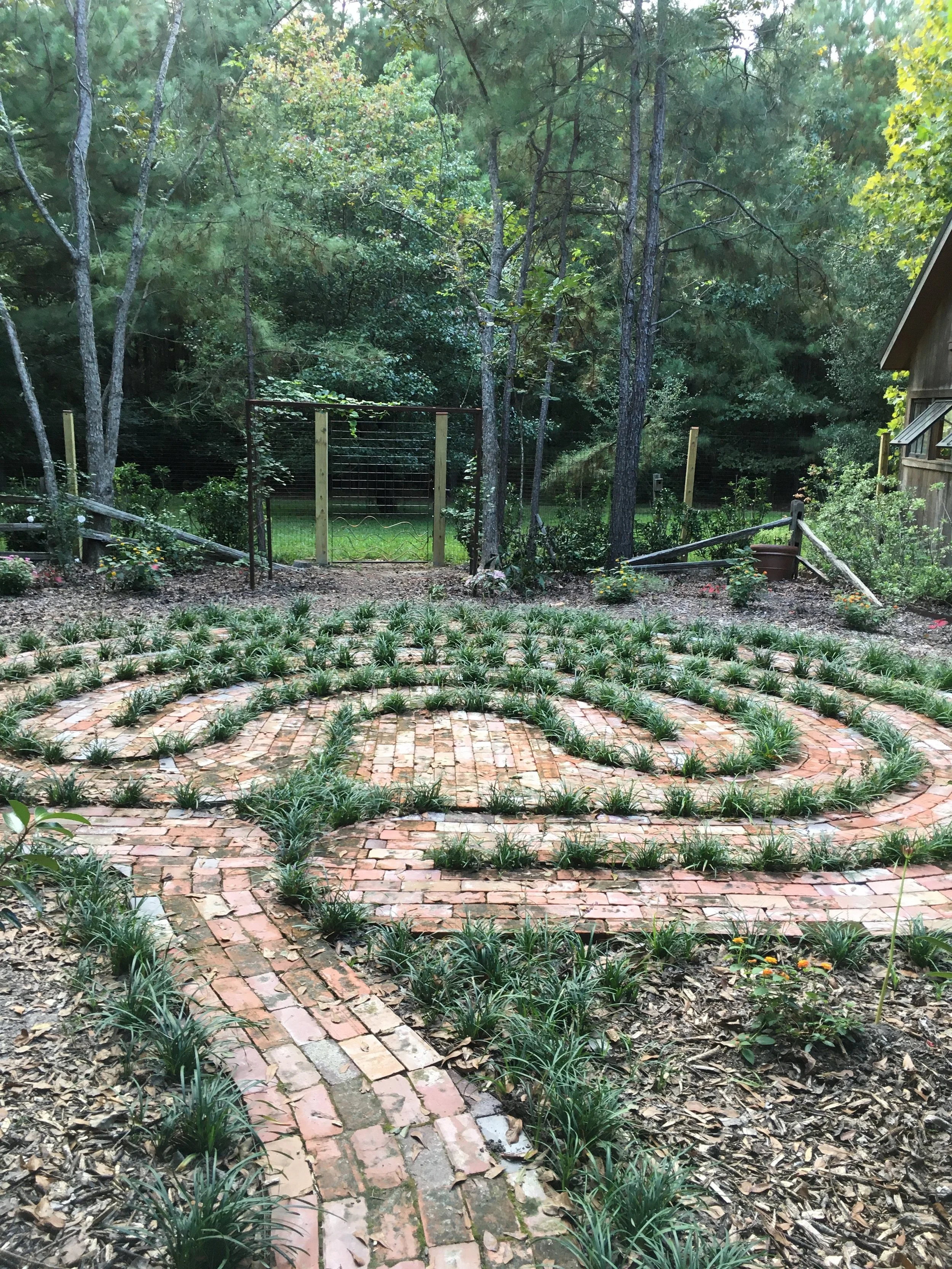The Ache for Home by The Reverend Barkley Thompson
The baby who almost lost his hands, Christmas at grandparents, beach vacations with grandparents, fish for people as a noun, not a verb, unused switches, grandfather teaching you to swim, widows, a mother transfigured when harm might come to her firstborn, a small town lawyer’s waiting room, chased by death in a graveyard, a child’s first encounter with death, tuna fish and Alzheimer’s Disease, a lost eyeball, chocolates from Iceland, Vienna sausages, the greatest gift, paper grocery sacks nativity pageants.
Do any of these stories of childhood memories resonate with you? They and more are in the Reverend Barkley Thompson’s newest book, The Ache for Home. The stories are parts of sermons that, in the end, called Barkley back to his home state of Arkansas after he had served churches in Memphis and Roanoke and as the dean of Christ Church Cathedral in Houston, Texas.
Of course, the great preachers bring you to see God in your own experience as they tell their story, and Barkley is the master of this. I have been reminded of the unconditional love that flowed from grandparents who taught me about love. I remember the nativity pageants we had in my childhood playhouse for our neighborhood, the nativity pageants at all the churches I have served, and especially the pageants written, costumed, and performed by our grandchildren.
Barkley is an outstanding preacher, and all of Barkley’s sermons connect us to the scripture he brings to life with his stories—so many excellent sermons. My favorite is his preaching on the Transfiguration from Mark’s gospel. Get his book just for that one.
Barkley’s stories and sermons also take us home, as he experiences what home is—not a place in time, but a place that first called us to a relationship with God. We give thanks to those who were there to mentor us, be our advocates, love us, and connect us to the love so great that only comes from the God of love. This is home.
Joanna Seibert





